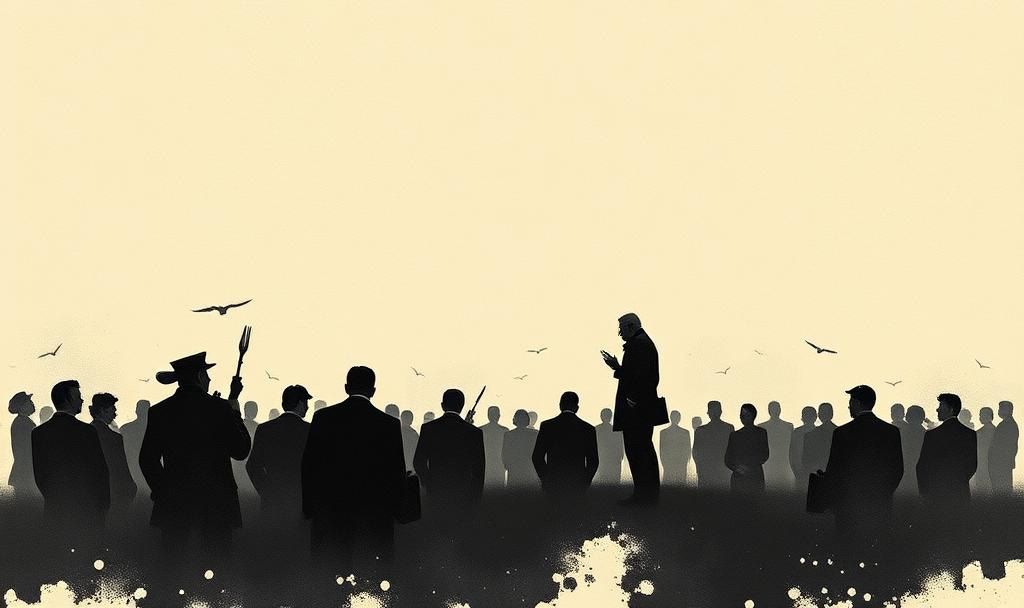“Congress shall make no law respecting an establishment of religion, or prohibiting the free exercise thereof; or abridging the freedom of speech, or of the press; or the right of the people peaceably to assemble, and to petition the government for a redress of grievances.”
Those forty-five words were once the cornerstone of a republic, not a relic. They were written with the urgency of men who had seen the gallows and the censor’s hand. They were meant to bind power, not flatter it. They survive now only as parchment, increasingly irrelevant in a culture where fragility is praised as virtue and enforced silence is dressed up as civility.
“Three silences there are: the first of speech, the second of desire, the third of thought.” Longfellow wrote that as a moral truth, but our silence today isn’t virtuous — it is transactional. It is the silence of corporations bowing to political winds. The silence of comedians suspended mid-joke. The silence of audiences learning, too late, that satire was the last place truth was still allowed to hide.
Where once speech carried risk but also dignity, now it carries a price — calculated not in public outrage, but in broadcast contracts, shareholder meetings, and regulatory threats. And so, speech is policed not just by governments, but by boards, mobs, platforms, and the self-censoring instinct of citizens who have learned to whisper what they once said aloud.
“Speech is civilization itself. The word, even the most contradictory word, preserves contact — it is silence which isolates.” Mann warned of this on the edge of catastrophe. To speak, even to argue bitterly, is to remain bound together. To fall into silence — real silence, enforced silence — is to drift into exile from one another.
Satire once thrived here, ever moral, ever new. Pope dared to name power and laugh at it — presidents, prophets, pundits alike. It reminded us that laughter was a kind of conscience, a public act of honesty wrapped in absurdity. But satire today is muzzled or dismissed, too often branded treason by those it skewers. If a society cannot laugh at power, it will kneel to it.
Speech is the connective tissue of freedom itself. When Americans no longer believe in defending speech for those they despise, they have already surrendered to tyranny. What dies then is not only a liberty but a civilization.
And yet, the only cure remains the same as it ever was: to speak.
To speak against, to speak for, to speak in spite of fear.
To preserve contact, and through it, the possibility of freedom.
Because in the end, speech does not need permission — only courage.
CODA
“Elegy for a Vanishing Voice” - Mark McInerney (2025)




yes
you preserve
the possibility of freedom
as you speak with courage
on so many levels
personal political
literary musical
you connect
with each of us
on at least one level
and with some of us
on all
Another lovely essay. Thank you.